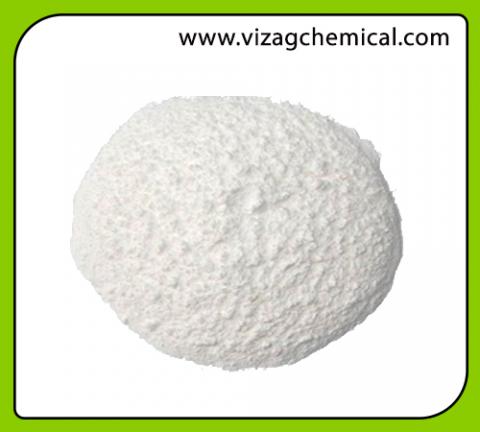Primary tabs

Boric Acid LR
Boric Acid is weak acid.
Boric Acid have antiviral and antifungal properties due to this reason boric acid most commonly used in health sector to treat for yeast infection.
Boric acid is called as hydrogen borate, boracic acid, orthoboric acid and acidum boricum, is a weak, monobasic Lewis acid of boron often used as an antiseptic The Boric Acid Granular is widely used for polishing and many other purposes. Our clients can avail this powder in different quantities as per the requirements.
Boric Acid is acid of Boron
Boric Acid is antiseptic, insecticide, flame retardant, or a neutron absorber, and a precursor of other chemical compounds.
Boric Acid chemical formula is H3BO3.
BORIC ACID is used as an anti-fungal ointment or powder and removes any foul odor of the feet Boric acid isn't harmful or lethal, or poisonous in small doses.
It looks like fine table salt in the granular form or like baby powder in the powdered. It is important to note that the health effects of boric acid.
| Product Number: | B0394 |
| CAS Number: | 10043-35-3 |
| MDL: | MFCD00011337 |
| Formula: | H3BO3 |
| Formula Weight: | 61.83 g/mol |
| Test | Specifications |
| Appearance (Color) | White to Off-White |
| Appearance (Form) | Powder |
| Chloride (Cl) | <0.001 % |
| Phosphate (PO4) | < 0.001 % |
| Sulfate (SO4) | < 0.01 % |
| Calcium (Ca) | < 0.005 % |
| Heavy Metals (as Lead) | < 0.001 % |
| Iron (Fe) | < 0.001 % |
| Recommended Retest Period 2 years | |
|
Note ACS tests |
|
| Assay | >_ 99.5 % |
| Insoluble in Methanol | <_ 0.005 % |
| Nonvolatile with Methanol | <_ 0.05 % |
Boric Acid is a weakly acidic hydrate of boric oxide with mild antiseptic, antifungal, and antiviral properties. The primary industrial use of boric acid is in the manufacture of monofilament fiberglass usually referred to as textile fiberglass which is used to reinforce plastics in various applications. Boric acid in equilibrium with its conjugate base the borate ion is widely used as a primary or adjunct pH buffer system in swimming pools.
Industrial Application
1.) Adsorbents and absorbents
2.) Agricultural chemicals (non-pesticidal)
3.) Corrosion inhibitors and anti-scaling agents
4.) Fillers and Finishing agents
6.) Flame retardants
7.) Fuels and fuel additives
8.) Lubricants and lubricant additives
9.) Oxidizing/reducing agents
10.) Plating agents and surface treating agents
